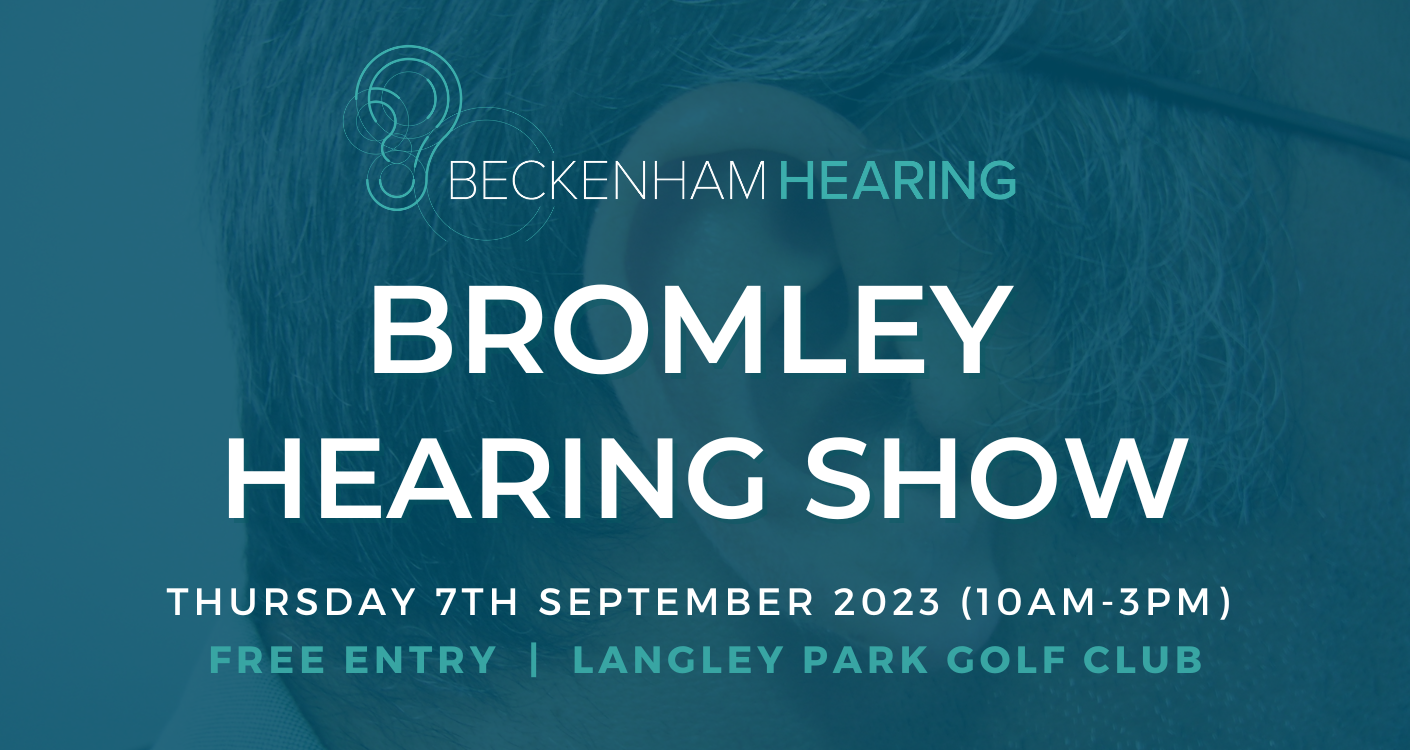A new study published in The Lancet journal has found that hearing aids may help protect against cognitive decline in older adults who are at greater risk of dementia.
The study, which was conducted by researchers at Johns Hopkins University, involved nearly 1,000 older adults with hearing loss. The participants were randomly assigned to either receive hearing aids or to a control group that did not receive hearing aids.
After three years, the researchers found that the participants who received hearing aids had a slower rate of cognitive decline than those who did not receive hearing aids. This was particularly true for the participants who were at higher risk of dementia.
The researchers believe that hearing aids may help to protect against cognitive decline by improving communication and social engagement. When people with hearing loss can hear better, they are better able to participate in conversations and activities with others. This can help to keep their minds active and engaged, which may help to slow down cognitive decline.
The study’s findings suggest that hearing aids may be a valuable tool for preventing cognitive decline in older adults. However, it is important to note that the study only looked at the effects of hearing aids for three years. It is possible that the benefits of hearing aids may last even longer.
If you are an older adult with hearing loss, talk to an Audiologist about whether hearing aids are right for you. Hearing aids can help you to hear better and may also help to protect your cognitive health.
Here are some key takeaways from the study:
- Hearing aids may help to protect against cognitive decline in older adults who are at greater risk of dementia.
- The benefits of hearing aids may be even greater for older adults who are more socially engaged.
- Hearing aids can help to improve communication and social engagement, which may help to keep minds active and engaged.
- If you are an older adult with hearing loss, talk to your doctor about whether hearing aids are right for you.
For full details of the Lancet Study, please click here.






